
Doctor: When the Apple Fails You
You are sitting at the crowded restaurant, waiting in anticipation for your drinks and appetizers, which always seems like an agonizingly long period of time. Finally, here comes the waiter. But they have the strangest expression on their face, kind of like they are angry or maybe they just need to…*AHCHOO*! Noooo, the dreaded sneeze! Hand sanitizer, anyone?
Pesky germs that bring on the annoying cough, stomach ache, or fever can send us all scrambling for the medical professionals in our lives that seem to be the only ones that can make it better (or at least tell you there is nothing they can do to make it better). There are a lot of relatively new developments in the field of medicine in recent years, but the term “doctor” that has come to mean practitioners in the medical profession actually has a history that goes back farther than our current perception of the career.
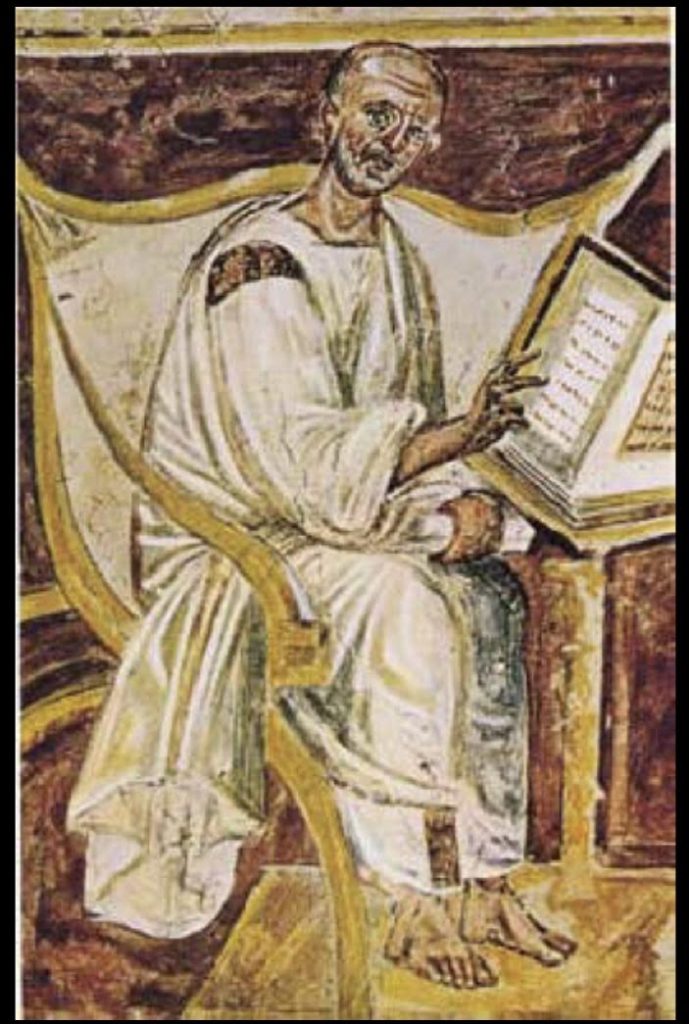
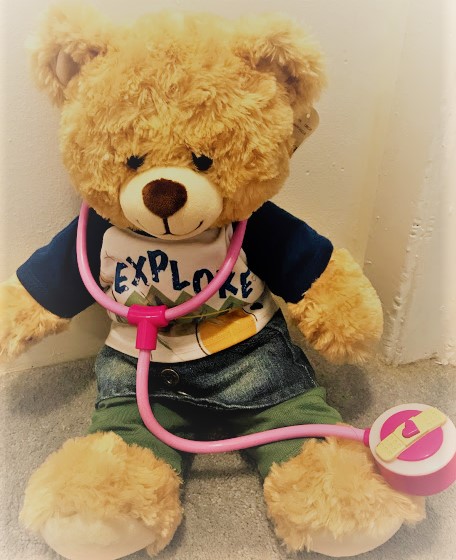
The original use of the the word doctor referred to religious leaders and teachers and came from the Latin docere which meant “to teach”. The Latin has roots going back to an Indo-European base that meant “to think”. The church was the only entity for quite awhile that had the authority to make someone a doctor, and their focus was of course on teaching religious practices and the Bible.The use of doctor later was applied to those who were given degrees from universities that licensed them to teach, after the first European universities were founded in 1088 (University of Bologna founding date, one of the earliest). The use of doctor to refer to medical professionals was not applied until the 14th century, and did not really become common until the 16th century. Surprisingly, it wasn’t until 1838 that the term doctor was officially applied to anyone in the medical profession, without implying that they held a university doctoral degree of some sort.
Before doctor, the word leech was often used to refer to those in that profession. Not exactly a positive description in present connotations, and immediately it brings to mind the squirmy bloodsuckers commonly prescribed in previous time periods as a cure-all. I am quite relieved that the practice of applying leeches as a general treatment for most ailments has gone out of style. It didn’t work out too well for Robin Hood, per one version of his legend, where being overbled with leeches by a grudging cousin led to his death. What is interesting to note is that leech actually referred to the person long before it was applied to the parasitic worm, and may have come from words like lekjaz from Proto-Germanic origins, which meant “enchanter, healer, or physician”. It fascinating to imagine doctors in today’s day and age as magicians or enchanters also. It seems current cultural trends emphasize separating out these two professions as much as possible. Of course, if my doctor looked and acted more like Gandalf from Lord of the Rings, it would probably make for an interesting experience, and I honestly couldn’t tell you if it meant that they were more or less credible.
Another noteworthy facet of the word doctor is that we use it as both a noun and verb. The noun typically came first and the verb developed from there. The usage of “doctoring” as related to actions of a doctor did not really become common until 1712, and it was even later that the meaning shifted to also include “altering or fixing” something, such as doctoring a photo.
So the next time you’re struck with the latest common ailment going around, and your apple a day failed to keep the doctor away, maybe you can strike up a lively religious debate with them as they say “Open wide and say aaah” or explore their knowledge of potions and spells to see how much of the heritage from their title has been passed down to them. Or maybe just get them to write you a prescription.
As a takeaway from a non-doctor, here are a few home remedies that our family has found comfort in over the years. I make no claims or guarantees to their effectiveness for anyone else, but they work for me. So take it or leave it! And feel better soon.
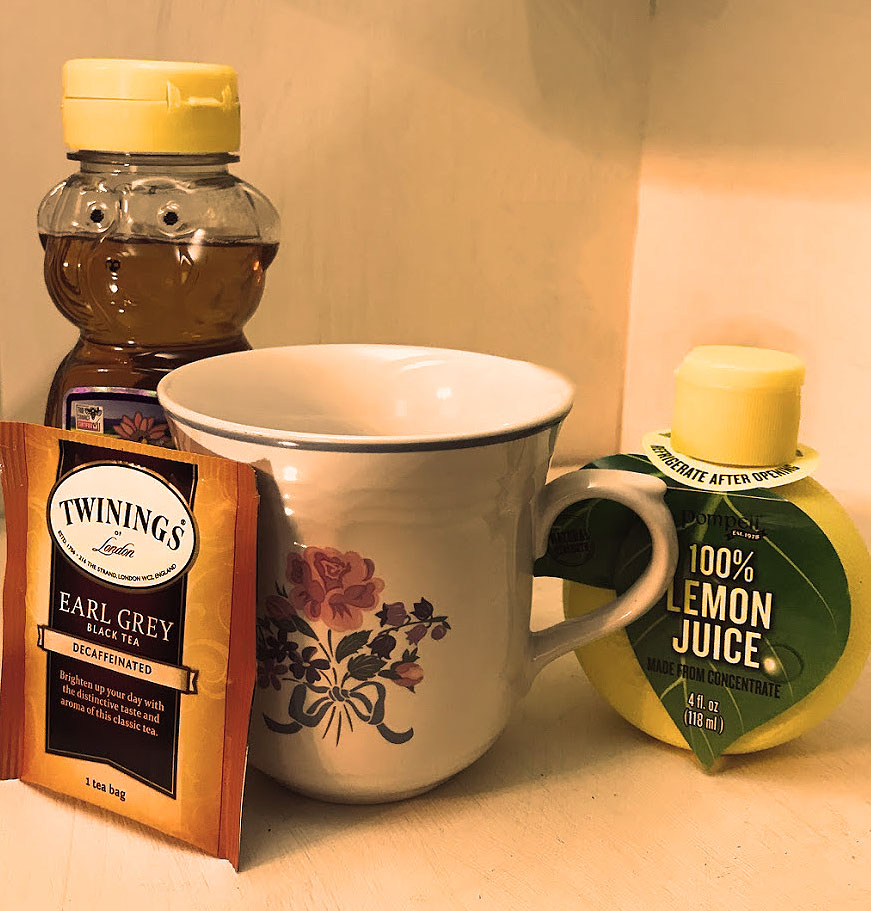
Sore Throat
Hot earl grey tea with honey and lemon
Stomachache/Nausea
Hot chamomile tea with 1 tsp ground ginger
Headache/Sinus Pressure
Cold damp washcloth across the eyes or caffeine on occasion
Warm wash cloths are also helpful for sinus pain specifically
Muscle aches and cramps
Ice compresses or heat pads (our favorite is the Bed Buddy microwaveable rice bag)
General grumpiness
A warm blanket, a good book, and a cup of hot tea



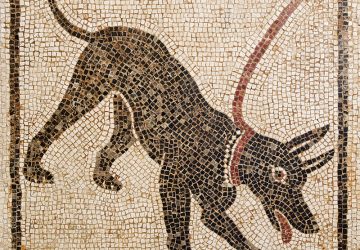
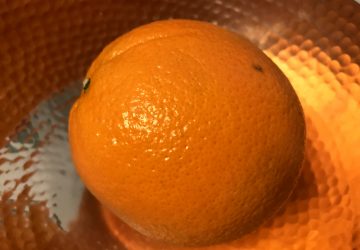


Comments
That’s interesting! I had no idea that the word “doctor,” as we know it, is just a few centuries old.